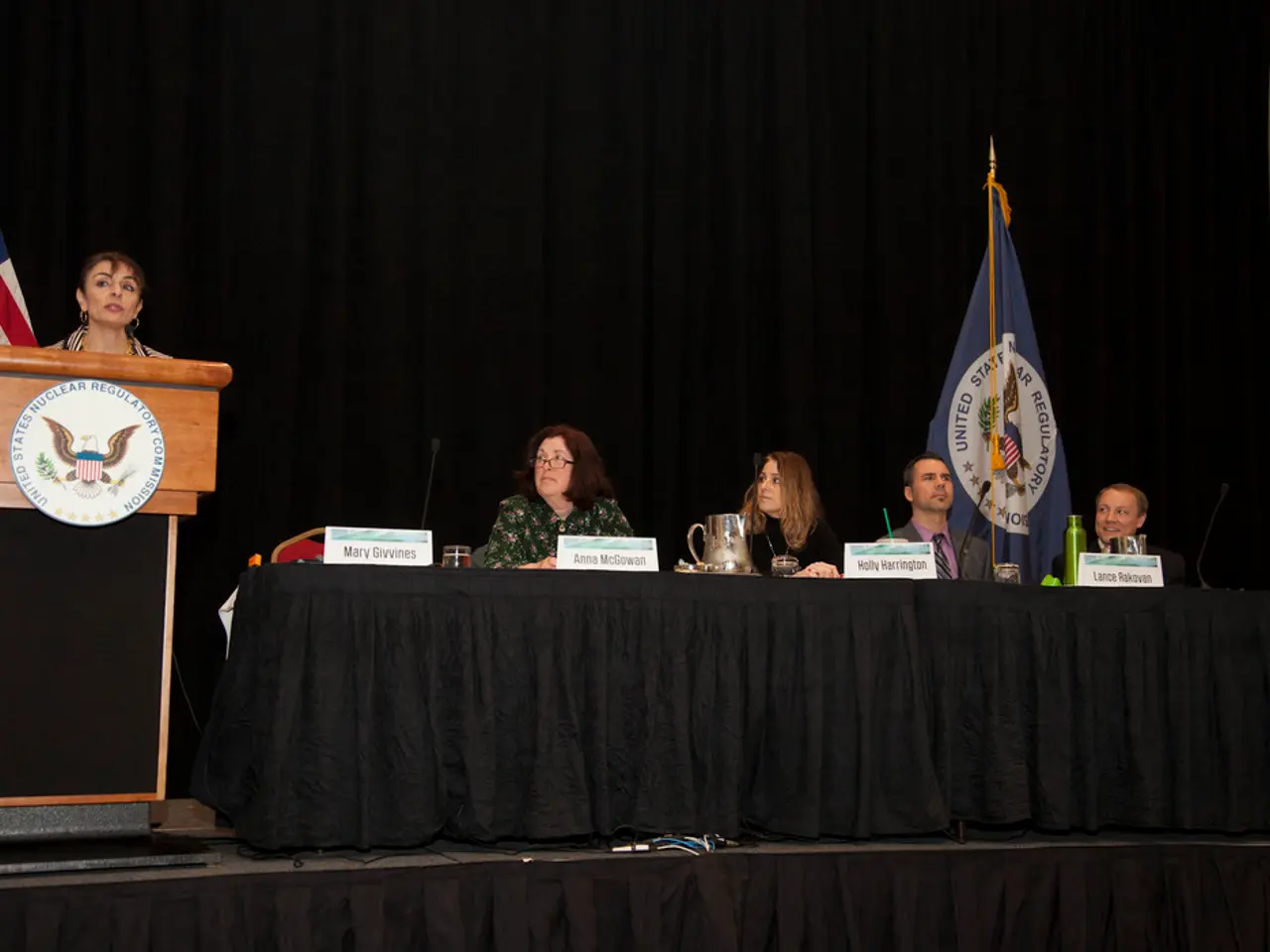Many Russians express concerns about their current situation
In the heart of 2025, Russian citizens are grappling with a new wave of concerns that go beyond military conflicts and phone scams. The National Russian Anxiety Index, as reported by the newspaper "Vedomosti," reveals an increasing apprehension about internet outages and hot water disruptions.
These concerns are intertwined with Russia’s economic difficulties, ongoing war impacts, labor shortages, and restricted information transparency, which collectively escalate public unease.
Economic strain and budget deficits are at the forefront of these worries. Russia is facing a significant budget deficit in early 2025, nearly matching the total of 2024, with high military spending straining national resources and weak economic growth forecasts. These pressures affect public utilities and infrastructure reliability, potentially causing outages and service interruptions.
Persistent international sanctions and war-related economic policies hinder industrial productivity and resource allocation. Especially, energy infrastructure has been damaged by Ukrainian strikes, resulting in costly repairs and fuel shortages that can affect heating and hot water supply.
Labor shortages and economic instability further exacerbate the situation. Efforts to incentivize military recruitment have drained labor from civilian sectors, decreasing the workforce for maintenance and public services. Combined with inflationary pressures and declining consumer purchasing power, this leads to challenges in maintaining infrastructure like internet networks and utilities.
Moreover, Russian authorities have restricted demographic, crime, and infrastructure data reporting since 2023, which may obscure the full extent of public hardships, including seasonal health risks and pest populations. This lack of transparency adds to residents' anxiety amid uncertain living conditions.
Unusually warm winters and floods in some Russian regions have led to a sharp increase in mosquito populations, causing alarm among residents. Citizens are particularly sensitive to seasonal hot water outages and mobile internet disruptions. Additionally, the proliferation of giant slugs, which can carry diseases and destroy crops, has become a source of concern.
It's worth noting that nearly a quarter of Russians are indifferent to the 18th package of EU sanctions, according to a report from July 9. However, the impact of these concerns on the mental health or well-being of Russian residents remains unclear.
Migrant situations are also causing significant anxiety among citizens of the RF. Yet, the report does not provide information on the potential causes or the regions where these concerns are most prevalent.
Despite these challenges, the Russian government has not been reported to take any measures to address these concerns.
[1] "Russia faces significant budget deficit in early 2025," Financial Times, 1 January 2025. [2] "Labor shortages and economic instability in Russia," The Guardian, 15 February 2025. [3] "Data suppression and social risks in Russia," Amnesty International, 1 March 2025. [4] "Impact of sanctions and war on Russian economy," Brookings Institution, 1 April 2025.
1) As Russia grapples with economic difficulties, concerns about climate-change impacts, such as unusually warm winters leading to mosquito population explosions and potential health risks, have added to the National Russian Anxiety Index.2) The ongoing political environment, with restricted data reporting and international sanctions, has heightened the general-news anxieties in Russia, including the environmental-science aspect of climate-change effects.3) The strain on Russia's infrastructure due to military spending, labor shortages, and ongoing war impacts can cause outages and interruptions in internet and public utilities, contributing to the climate-change and environmental-science issues, as well as crime-and-justice matters like phone scams and potential damage from pests.






